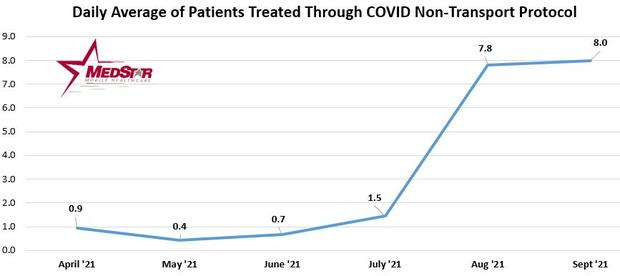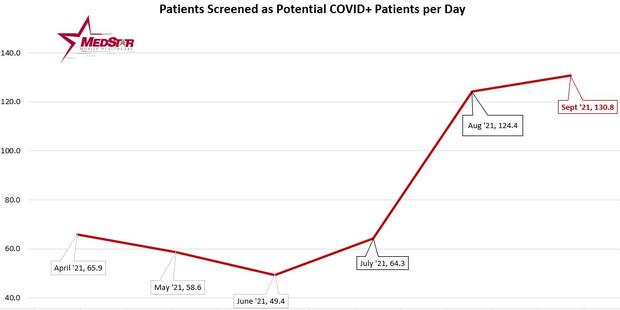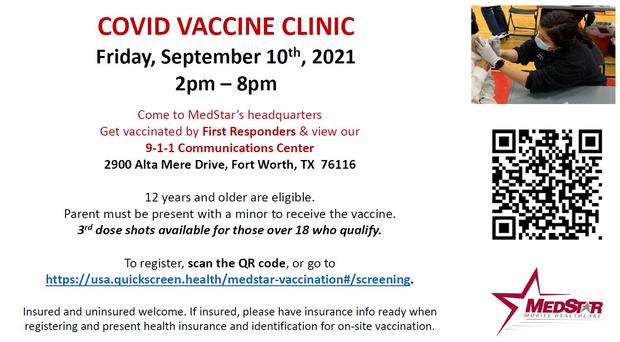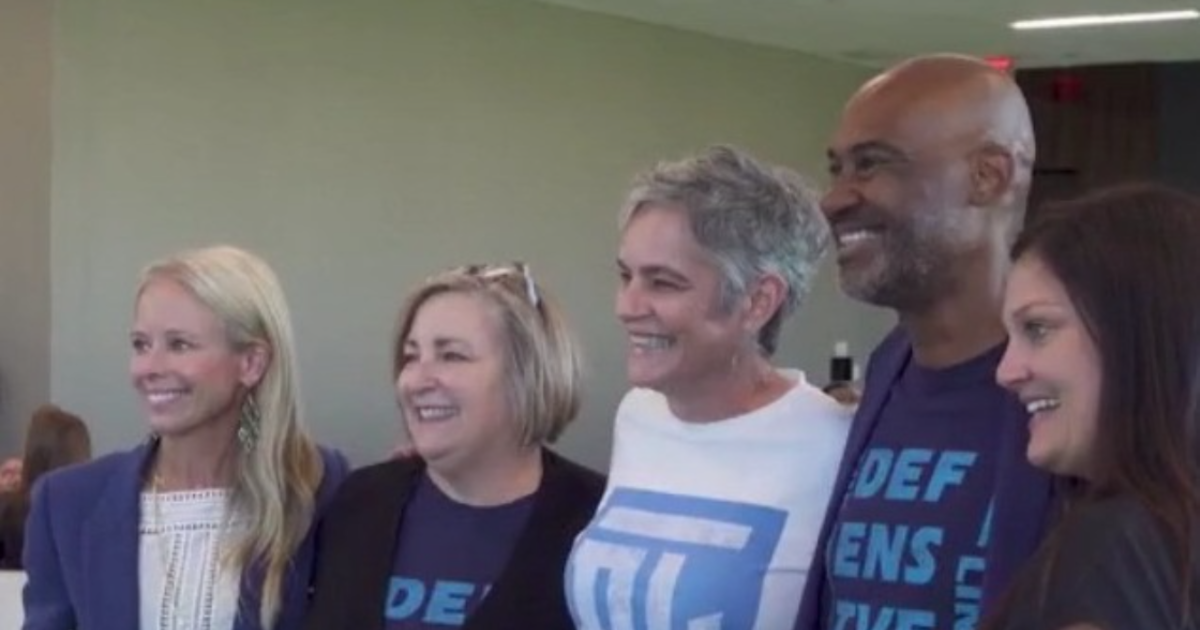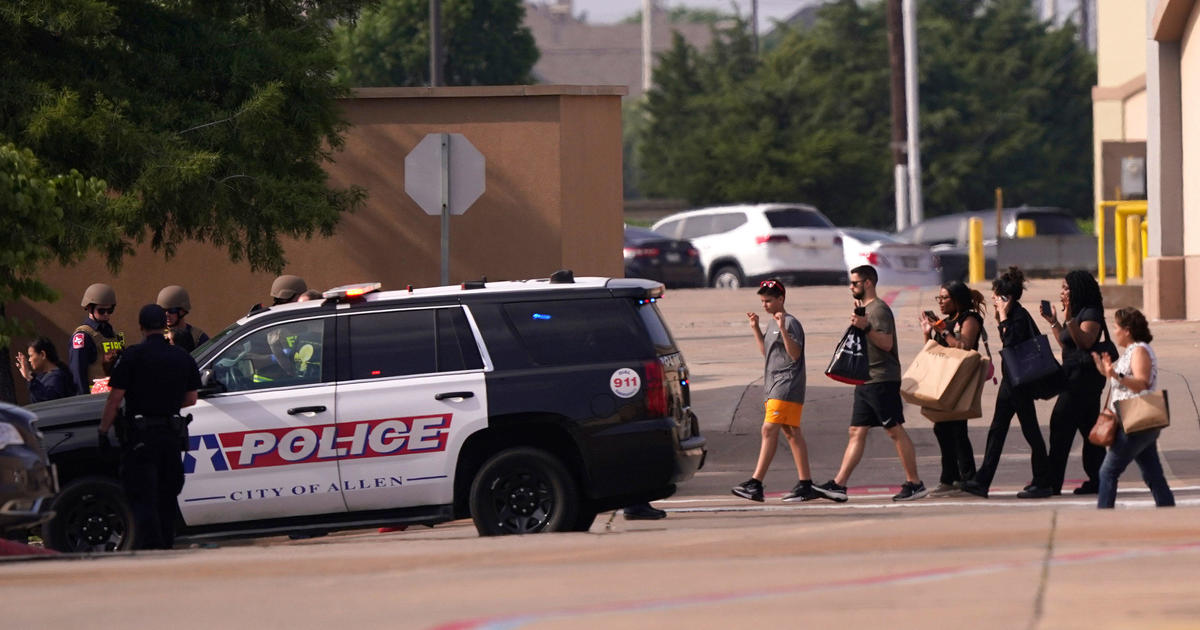MedStar Directing Some COVID Patients With Minor Symptoms To Stay Home
FORT WORTH (CBSDFW.COM) - With North Texas hospitals struggling with capacity and 911 dispatchers fielding an unprecedented amount of calls for COVID-19, paramedics are choosing not to transport less serious cases to the emergency room.
MedStar crews are directing patients with minor symptoms to stay at home and seek care from their primary physician instead.
"We're sort of in a perfect storm," said Matt Zavadsky with MedStar. "We've got incredible 911 response volume. The hospitals are full."
EMTs and paramedics are screening an average of 130 patients a day for the virus, a 165% increase from June of this year.
"Even during the peak time of the pandemic, we didn't see this volume of coronavirus-related patients calling 911," Zavadsky said.
Many of those patients think they have COVID, but aren't experiencing severe symptoms.
MedStar says that's why patients with minor complaints – like a mild fever, some nausea or vomiting, or a slight headache – will likely get a slower response time as paramedics focus on higher priority calls.
Once crews assess them, if their vital signs are good they won't be transported to the hospital, even if they want to go.
"We are currently implementing that protocol on about eight patients per day," said Zavadsky. "Now to put that into perspective, back in May and June, when we were at that low volume for coronavirus-related calls, we were only using that protocol once every three days. So to go from one every three days, to now eight patients per day that we're doing this with, is a very significant increase."
MedStar says this protocol can ease the current capacity struggles at North Texas hospitals.
"It doesn't make any sense to bring those patients to an already crowded emergency department when their care can easily be managed in a more appropriate setting, and it's one of the ways that we're helping to reduce the number of patients that are going to the emergency room," Zavadsky said.
However, MedStar doesn't want people to hesitate to call 911 with a true emergency or serious symptoms like severe headache, difficulty breathing, and chest pain.
"If you have sort of minor medical issues and complaints, try seeking care somewhere else before you call 911," he said. "That will help us all… If you're not sure, it is certainly ok. We'll come out."
